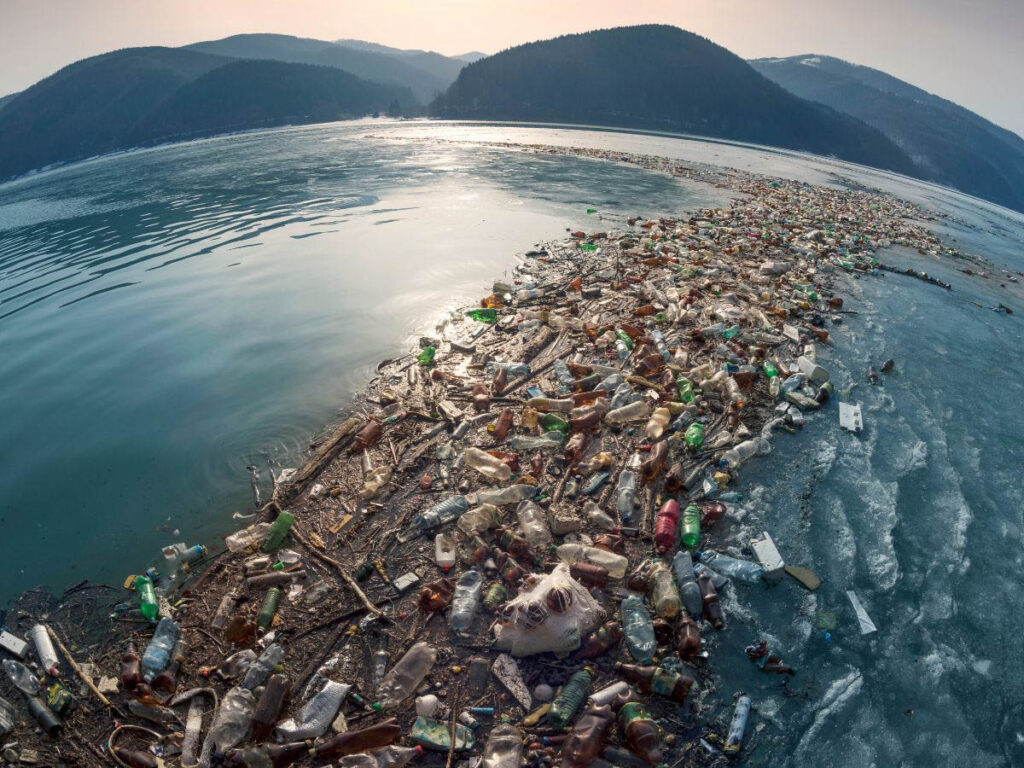Manufacturing companies around the world create plastic products using synthetic polymers. These products have affected our marine ecology for years, and understanding their effects will help you learn how to help ocean life. Read on to learn more about the effects of synthetic polymers in the ocean and why keeping them away from water sources is essential.
What Are Polymers?
Polymers are combinations of different chemicals that form a new product. These polymers have two varieties: synthetic and natural. The difference between synthetic and natural polymers is in how they’re made.
Natural polymers occur naturally, such as from the adhesion found in tree bark, while people manufacture synthetic polymers. Synthetic polymers may come from natural or synthetic molecules that combine to make a new product, and in most cases, that polymer will make a type of plastic product.
Harmful Chemicals
Synthetic polymers degrade over time, and their environment will significantly impact how they break down. In wet environments such as a lake or the sea, the chemicals of the polymer will “wash” away because of the water and mix with the liquid. This mixture presents a toxic threat to marine life, such as fish and amphibians.
The ingested toxins will also present a danger to people who fish as the fish they catch may cause sickness when not cooked correctly. Keep synthetic polymers away from water as much as possible. Even small streams eventually lead to larger bodies of water where fish may come into contact with chemicals.
Choking Hazards
Many animals eat various objects that humans wouldn’t consider eating, such as paper or old food scraps. Animals may unintentionally ingest plastic, thinking it’s food due to the smell or substances on it. Synthetic polymers may have a sharp point or an awkward shape that could cause the animal to choke.
This is a common effect synthetic polymers have on the ocean. Many water-dwelling animals suffer from choking, strangulation, or severe sickness when they ingest synthetic polymers. Smaller plastics are a problem because more animals can eat them, and larger animals tend to accumulate them.
Take time to recycle plastics or prevent them from falling into a water source. Since animals are everywhere, they will eventually find plastic and may take a bite.
Reduction in Populations
The dangerous effects of synthetic polymers will lead to more marine life dying or becoming too sick to fend for themselves. The resulting deaths will eventually decrease certain populations and create a domino effect that harms other species. Many animals rely on the presence of other animals, and when one species has a depression in its population or a new threat takes the stage, the ecosystem will feel it.
Keeping synthetic polymers away from bodies of water is essential to protecting and conserving marine environments. Remember these effects as you walk in nature, throw away the trash, or sort through recycling; synthetic polymers are everywhere, and protecting marine life will ensure that there aren’t as many harmful effects on the planet.







